The Big Mob, STEM it up Project
This podcast series is hosted by Associate Professor Marnee Shay and supported by Australia's Women in STEM Ambassador. This research project is designed to inform the Commonwealth Government's Diversity in STEM Review with research that will examine the effectiveness of initiatives supporting the retention and progression of women and other underrepresented groups in STEM careers.
The podcast follows 12 Indigenous trailblazers in STEM. This research will provide crucial insights into what works and what doesn’t, informing the development of interventions to address existing inequities and improve diversity within the STEM workforce.
Artwork by Wagiman Artist, Tara-Rose Gonebale.
Episode 1 - Susan Beetson
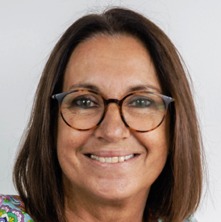
I'm Susan Beetson, Ngemba Computer Science researcher and educator of interactive technologies at UQ. I grew up on my Country in very remote Australia.
I research alongside Ngemba, Ballardong and Whadjuk communities to digitally translate Knowledges into Culture Hubs—e-commerce entrepreneurial platforms. Culture hubs are culturally co-designed and co-developed alongside community on Country, on Aboriginal archival systems, underpinned by knowledge sovereignty, and community's determination to be independent from Government, and to be financially self-reliant.
Using emerging technologies, such as non-fungible tokens, Culture Hubs allow us to retain our Indigenous cultural intellectual property, which facilitates perpetual royalties. Culture Hubs are an opportunity to upskill Aboriginal peoples, from Elders, Adults through to youth in geo-mapping, e-commerce information systems, entrepreneurship, education and training, governance and community development, and improve health and wellbeing, economic status, digital skills, and education—all the close the gap targets.
These are a catalyst, for Aboriginal peoples, to continue ancestral knowledges, and consolidate contemporary knowledges, in the protection, rehabilitation, and restoration, of cultural artefacts, environment, and ecological communities. A digital view of our County, community, people, and Knowledges, allows us to think about and understand deeply, broadly, and differently than previously. We choose our partnerships and determine the terms of those partnerships. We lead the process of thinking about our Knowledges in contemporary ways alongside Western Science—relating local, national and global innovations. Children learn culture on Country and immersed in new and emerging technologies, such as drones and geo-mapping and respecting and valuing their Elders, culture, and kinships.
Episode 2 - Torres Webb
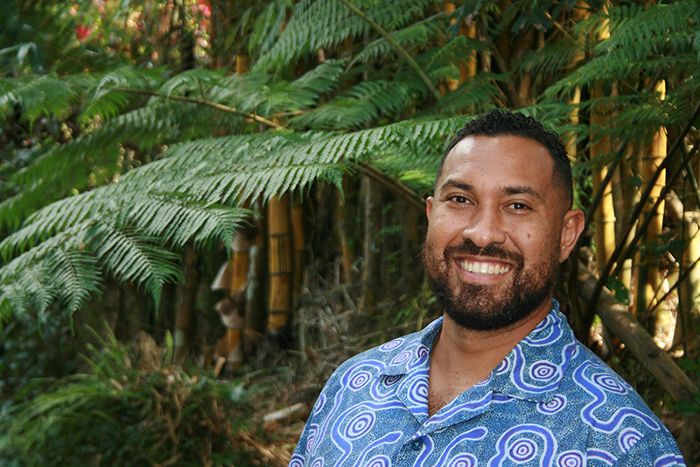
Torres is a proud Far North Queenslander and Indigenous man from the Torres Strait (Erub, Darnley Island). Torres has a long history of working with a range of educational institutions and communities to promote and showcase the depth of Indigenous scientific knowledge: Ways of being, knowing and doing. He has significant experience of developing science curriculum for all Australian educational sectors. Additionally, Torres has led over 150 different professional learning opportunities for teachers. Utilising inquiry- and strength-based approaches to learning and teaching he focusses on building teacher capability to authentically and respectfully embed Indigenous science knowledges in their practice.
Episode 3 - Mel Perkins
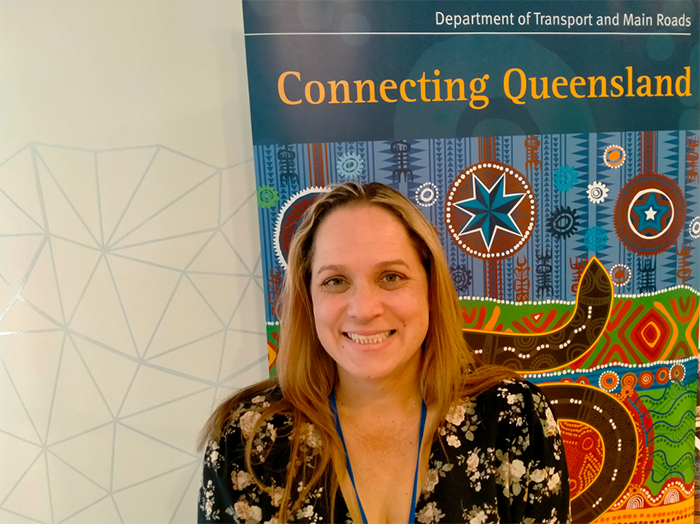
Mel Perkins, a proud Quandamooka woman with connections to the Wakka Wakka Nation, who is currently the Acting Executive Director of the Mobility as a Service (MaaS), in the Office of the Director- General, in Queensland’s Department of Transport and Main Roads.
Her experience extends with over 20 years working in the public sector environment, across a variety of transport and data focused roles. She is passionate about the department’s future focus on mobility and the strategy around this, and how data and systems can be used to deliver customer-centric solution that will help to realise the vision of the department.
Episode 4 - Kris Rallah-Baker
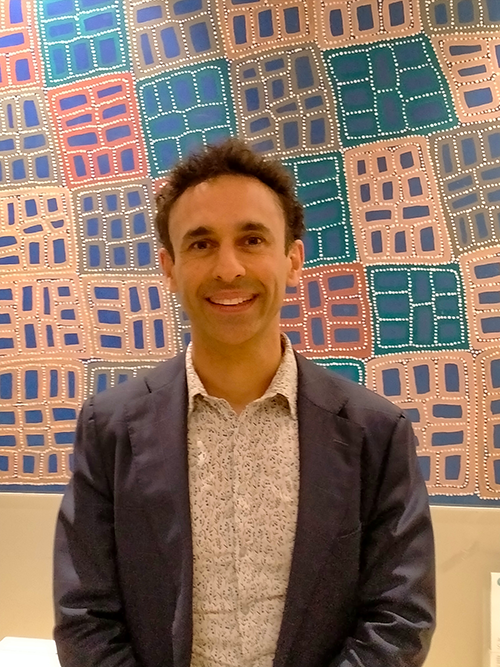
Associate Professor Kris. Rallah-Baker is a proud Yuggera/Warangu man on his mother’s side and Wiradjuri on his father’s side. He is Australia’s first Indigenous ophthalmologist, founding member of the Australian Indigenous Doctors Association, former President of the Australian Indigenous Doctors Association, Director on the Federal Board of the Royal Flying Doctors Service, technical advisor to the Fred Hollows Foundation, Chair of the Vision2020 Indigenous Committee, owner and director of Sunshine Coast Ophthalmologists at Noosa, Zeiss Opinion Leaders Advisor and holds clinical appointments at Kawana Private and Noosa Hospitals.
As a RANZCO Fellow, he sits on RANZCO’s Federal Selection Board, Indigenous Committee and Reconciliation Action Plan Committee. Kris holds Associate Professorship appointments at both the Queensland University of Technology and the University of Melbourne.
Episode 5 - Josh Burkin
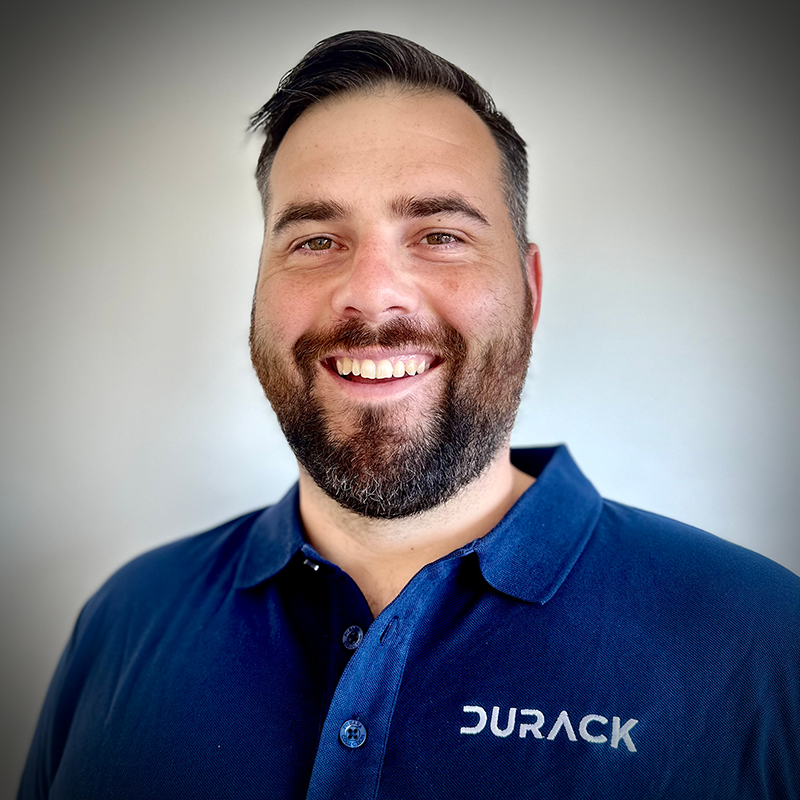
Josh has over 12 years’ experience as a Civil Engineer specialising in the delivery of large and complex projects, subdivisions, and main roads infrastructure. Josh has delivered over $300M+ civil works in South East Queensland, Western Queensland and Northern New South Wales.
Josh is appointed to the National Engineers Register (NER) and is a Registered Professional Engineer of Queensland (RPEQ).
As the Operations & Development Manager at Durack Civil, Josh leads a team to deliver a range of public and private infrastructure projects for council, government and resource sector clients. Josh manages the land acquisition, planning approvals and construction of new developments for Durack.
Josh is a proud descendant of the Mandandanji people of south-west Queensland and has significant experience managing large culturally and environmentally sensitive civil construction projects involving highly complex construction planning and expert subcontractor management.
Episode 6 - Talia Sarra
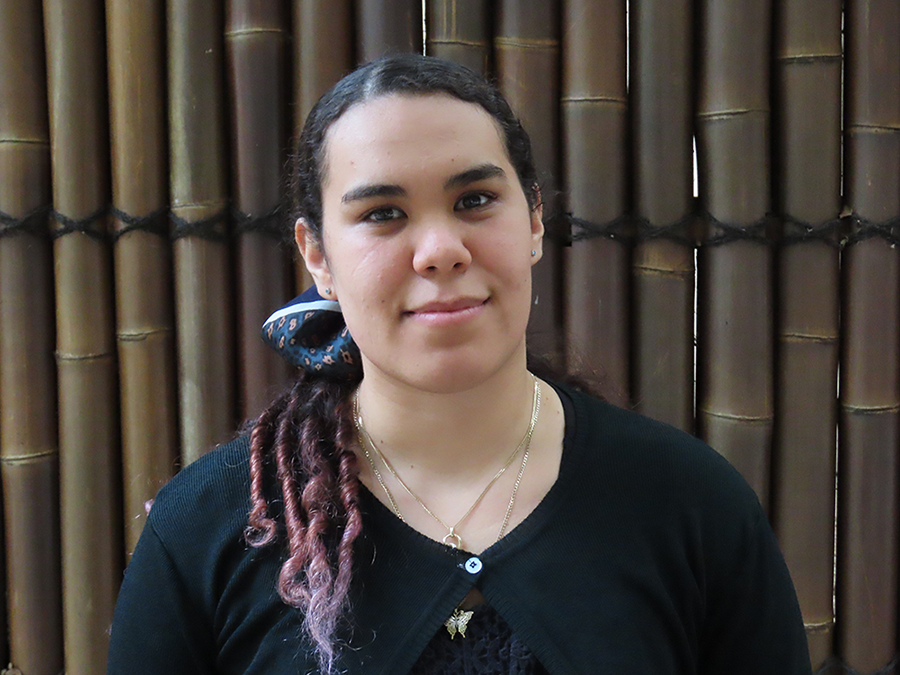
Talia Sarra is an Aboriginal and Torres Strait Islander woman with Birri Gubba and Gooreng Gooreng heritage and connections to the Mauar, Stephen and Murray Islands. Talia was the Secondary Student STEM Highly Commended Finalist for the CSIRO Indigenous STEM Awards 2017 and the Young Indigenous Leader Award from QATSIF.
Talia has a passion for environmental science and the creative arts. Her undergraduate degree is a double degree in Science and Arts, where she majored in Ecology for science.
Talia is currently working for the CSIRO in the graduate program, where she helps the coastal team with research integrating management strategies between First Nations and scientists and planners.
Talia is also creative as she loves to sing and write songs while playing instruments like guitar, keyboard and ukulele. For her Arts degree, she did Theatre and Performance and has experience in acting and received a certificate of Voice for ‘Actors, Public Speakers and Presenters’.
Episode 7 - Coen Hird
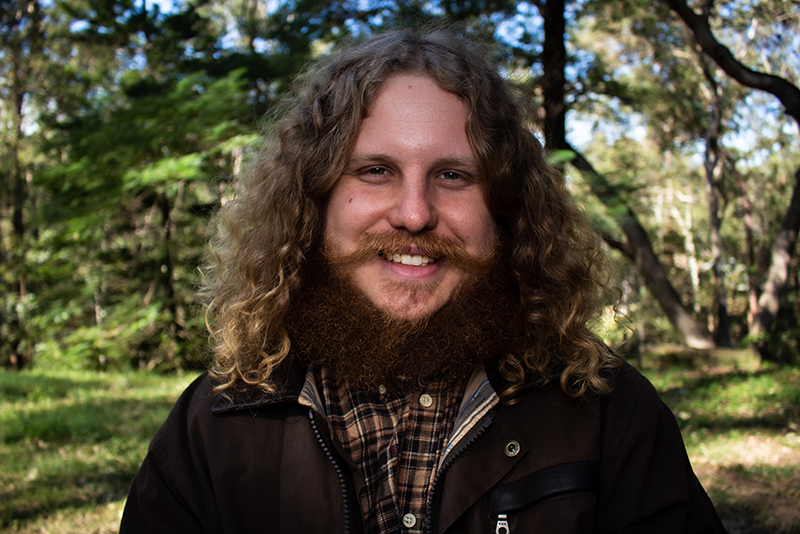
Coen is a trawlwoolway pakana related to northeast lutruwita.
Coen is a researcher and teacher with broad interests in Indigenous sciences, ecophysiology, and conservation biology. Coen has special interest and experience in understanding the effects of climate change on the physiology, behaviour, and ecology of organisms. Coen is currently undertaking his PhD investigating the role of changing temperature and ultraviolet radiation on the physiology and health of amphibians.
A large part of Coen's drive as an academic comes from the need for environmental rights-based discourse, better engagement with Indigenous peoples, and developing understanding and respect around Indigenous knowledges and Indigenous sovereignty within the sciences, especially surrounding the ways in which scientists engage with the environment on Indigenous Countries. Coen has written on Indigenous connections to Antarctica and is interested in the tensions that Indigenous scientists experience when interfacing with the dominant Euro-colonial mode of knowledge production in the environmental sciences.
Episode 8 - Bonny Rawson
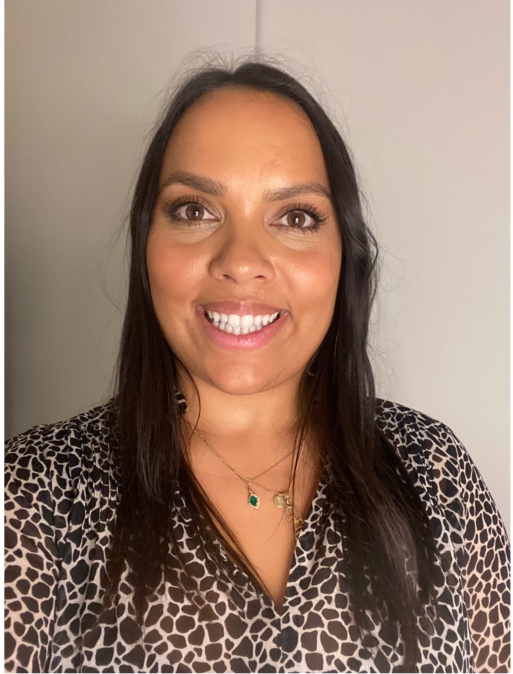
Bonny Rawson is a Ballardong Noongar woman. She grew up in Boorloo (Perth) and is now living and working in Naarm (Melbourne). She is currently working as a Senior Product Technologist at Coles. She has a Bachelor of Science (Food Science & Technology) from Curtin University. She has worked in various roles at Coles for 9 years. Whist at university she joined CareerTrackers, a program that provides internships for Indigenous students in the corporate space, she interned with Qantas. She then joined Coles as a Quality Inspector at the Perth Distribution centres and went onto the Coles Store Support Centre Graduate Program where she has continued her career to now a Senior Product Technologist. She is a member of the Coles First Nations Team Member Network Committee and has been on the Advisory Committee for CSIRO Young Indigenous Women’s STEM Academy. She is passionate about supporting the younger generation of STEM through mentoring and guidance.
Episode 9 - Corey Tutt OAM
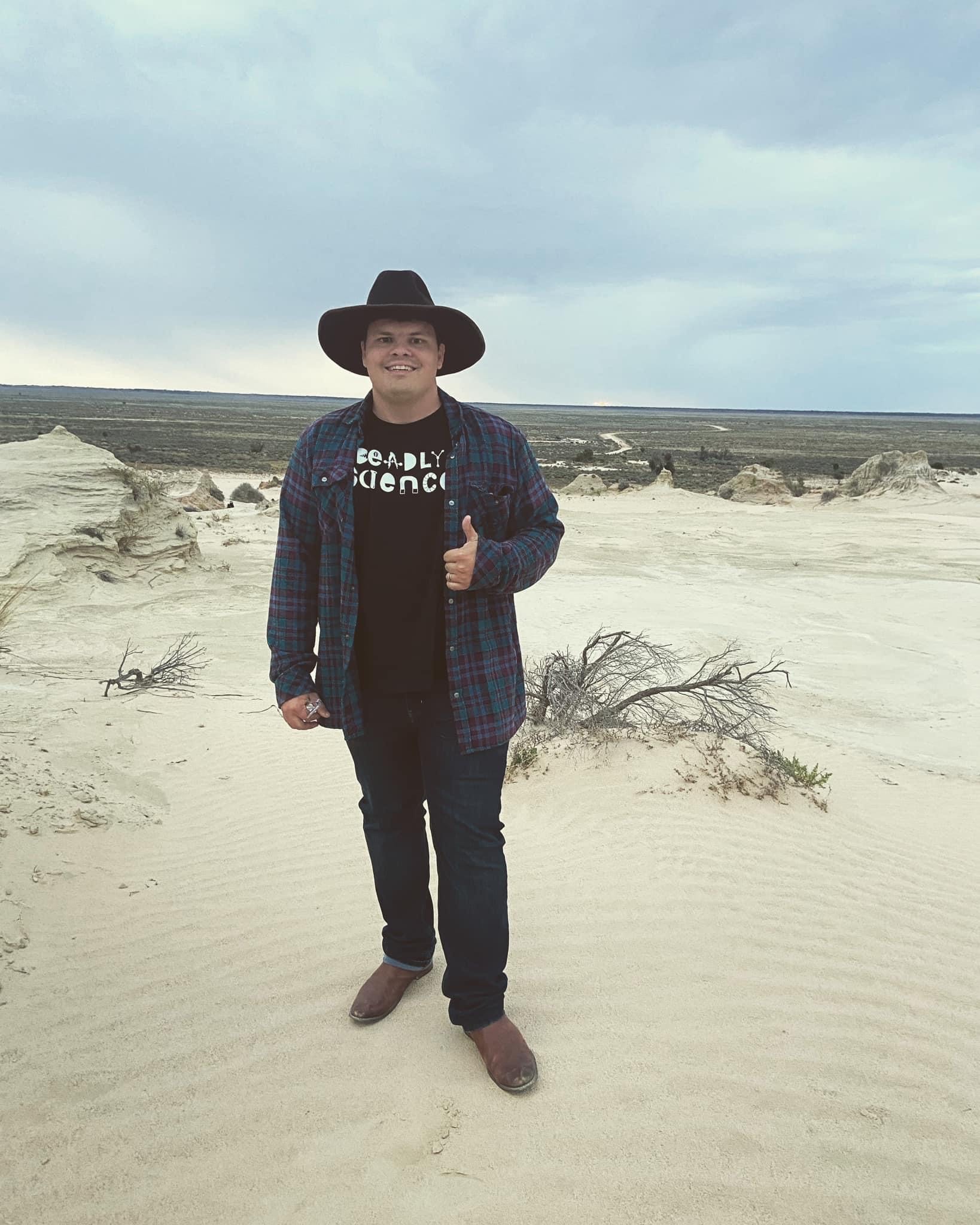
Corey Tutt OAM is a Kamilaroi man from Nowra, NSW, and a STEM champion for Aboriginal and Torres Strait Islander people. As a young person, he developed a love of STEM subjects but found little encouragement for Aboriginal people to pursue careers in STEM. In 2018, Corey founded DeadlyScience, a not-for-profit organisation that provides STEM resources to remote schools in Australia and connects young Indigenous people with STEM professionals.
In 2020, Corey was named the NSW Young Australian of the Year and a Human Rights Hero by the Australian Human Rights Commission. In 2021, he received an Australian Museum Eureka Prize and in 2022 a medal of the Order of Australia for service to Indigenous STEM education. This year Corey Tutt has been appointed an Adjunct Associate Professor of the School of Science at Western Sydney University.
Corey edits the “DeadlyScience” Australian Geographic series and has authored two books: The highly awarded “The First Scientists”, followed by “This Book Thinks Ya Deadly.” Corey takes pride in championing First Nations STEM knowledge and building the future generations of the First Scientists.
Episode 10: Marlee Hutton
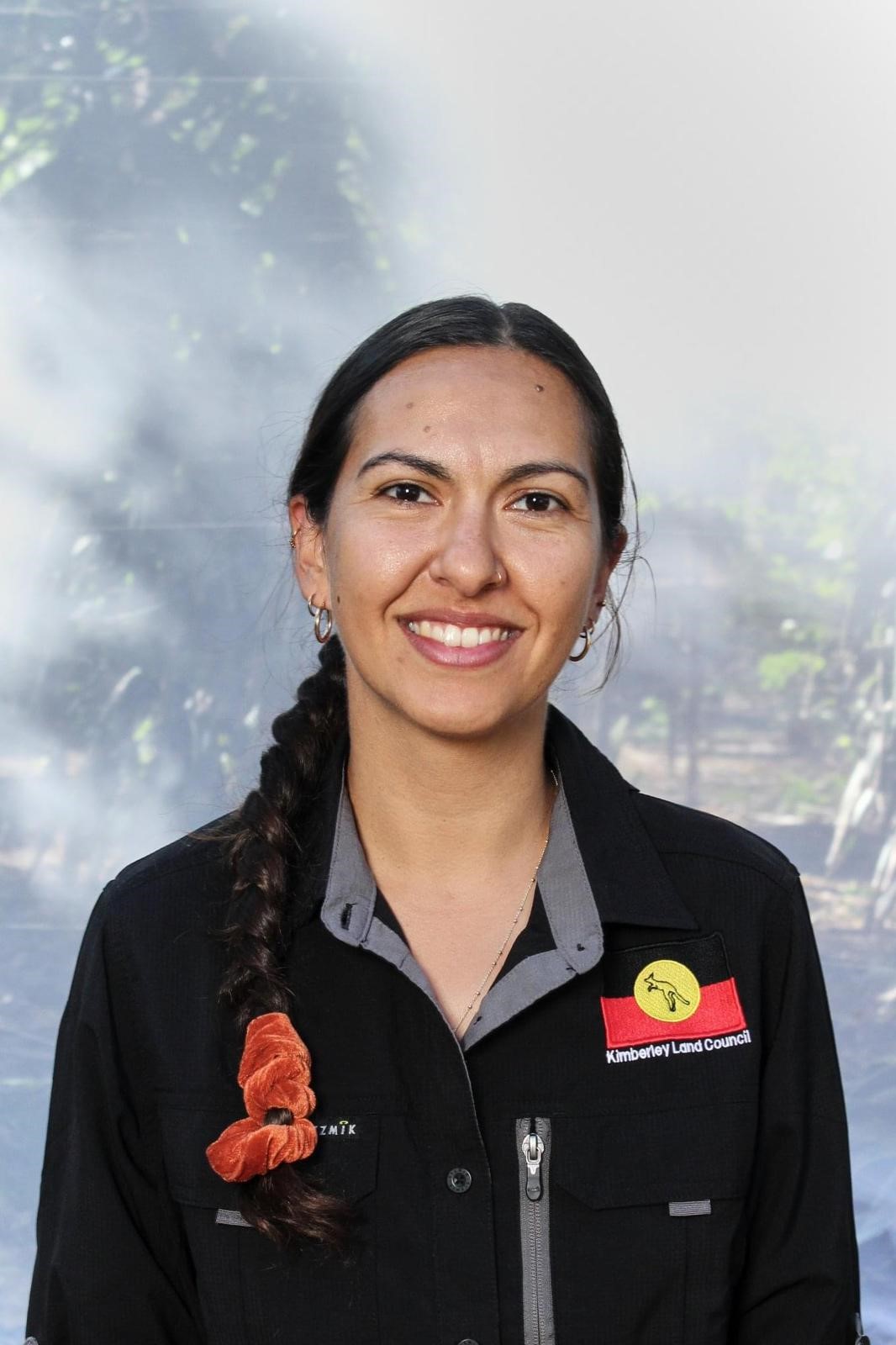
Marlee is a Bardi Jawi women and the Regional Ecologist for the Kimberley Land Council based out of Broome. She works closely with KLC Ranger teams to monitor culturally and scientifically significant species, broker science partnerships, build ranger capacity and inform land management.
Before her time with the KLC, Marlee worked with CSIRO with a research focus on Indigenous coastal development, citizen science and west Australian Dugong populations. Having grown up in the Kimberley, Marlee has a strong understanding of challenges faced by people living remote who want to achieve higher level education or pursue careers in the STEM industry.
Marlee is passionate about promoting environmental science careers amongst Indigenous people, hoping to one day have higher numbers of Indigenous scientists in the industry.
Episode 11: Carol-Anne Tucker
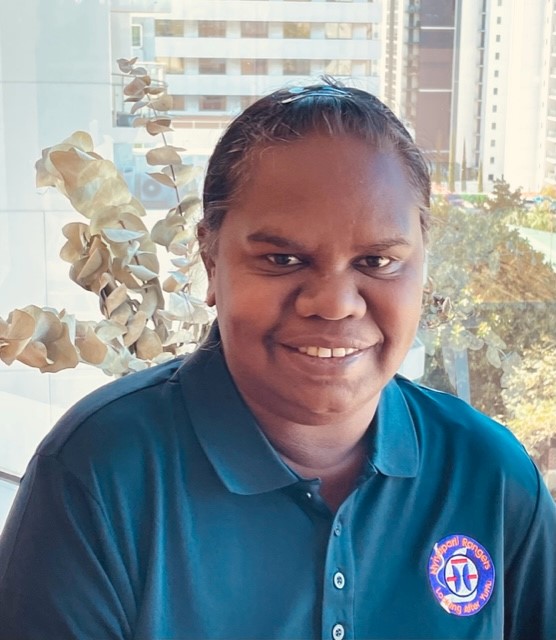
Carol-Anne Tucker is a Nyiyaparli/Banjima woman from the East Pilbara area of Western Australia. She grew up in the coastal Pilbara town of Onslow before deciding to move to Tom Price to be closer to Country. She was very close to her Gubarli (Father’s mother) who taught her a lot about Country and her responsibilities to Country and family.
Carol-Anne says being a young mum was a big challenge, but it made her the person she is today, and it is blessing to have her daughter, Lauren, working beside her today as part of the Nyiyaparli ranger team.
Carol-Anne has been part of the Nyiyaparli ranger program since it started a bit over 2 years ago, from the planning stage with lots of yarning trips out on Country to now starting to pilot projects. She has been involved in fire management, plant and water monitoring surveys, junior ranger trips, and recently became a qualified drone pilot.
She is also completing her Certificate II in Conservation and Ecosystem Management. She has also presented on behalf of the Nyiyaparli ranger team at forums and workshops including the Country Needs People Ranger Forum in Canberra in November 2022 and the Biodiversity Conference in Perth in October 2023.
Carol-Anne says, “2 years ago I never thought I would be giving a speech in front of 400 people and getting interviewed by 7News.”
Carol-Anne is looking forward to seeing the ranger program grow, and getting more kids involved in learning about their Country – “It is all about passing knowledge down to the next generation so that our Country is looked after. You look after Country; Country looks after you.”
Episode 12: Andrew Dowding
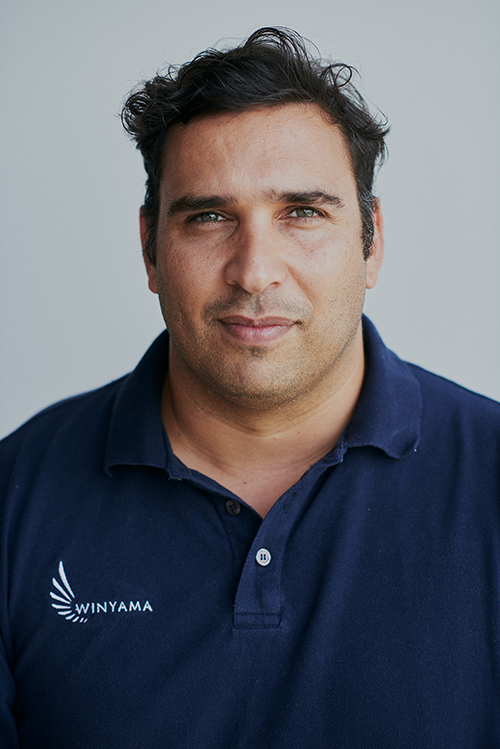
Andrew is the Managing Director of Winyama. Andrew’s role is to manage and guide Winyama, create opportunities for the team to grow into their roles and most importantly to generate work for the organisation to be sustainable. Andrew is from the Ngarluma traditional owner group and grew up between Perth, Sydney, and the Pilbara.
Andrew has a Bachelor of Arts from the University of Sydney majoring in both Anthropology and History, and is a current PhD candidate in Indigenous Arts and Cultural Development at the University of Melbourne. Andrew has lived and worked in a range of places from Perth, Broome, Arnhem Land, Los Angeles, Sydney, New Delhi and Roebourne. Each of these places has influenced the skills and experience that he brings to his current role. Andew’s major professional roles have been in the fields of Native Title, ethnographic heritage survey and more recently in Indigenous mapping.
Andrew’s passion is Indigenous mapping and the use of technology for cultural safeguarding. He co-founded Winyama in 2018 to provide more opportunity for Indigenous people to work in the geospatial industry and within the broader digital economy.
Episode 13: Noel Taylor
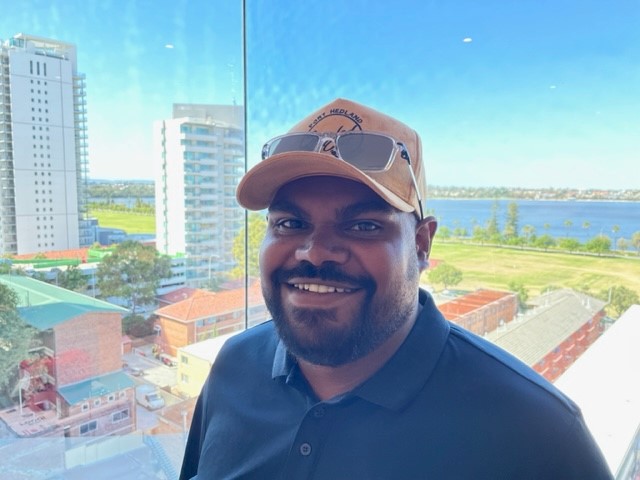
Noel is a Nyiyaparli/Nyamal man, born in Port Hedland and grew up in Marble Bar.
He joined the Karlka Nyiyaparli Aboriginal Corporation (KNAC) in April 2023 as the Ranger Program Project Officer, a newly created operational role that works alongside rangers on country and helps with project coordination.
Prior to his work with KNAC, Noel has worked in a variety of fields, including Heritage Management, Mine Operations, Stakeholder Engagement and Cultural Awareness Training including recently working with Coongan.
Noel is enthusiastic about getting knowledge back to our youngsters and enjoys working with the Senior Rangers and Senior Traditional Owners to help share knowledge.
Episode 14: Grady Toomath
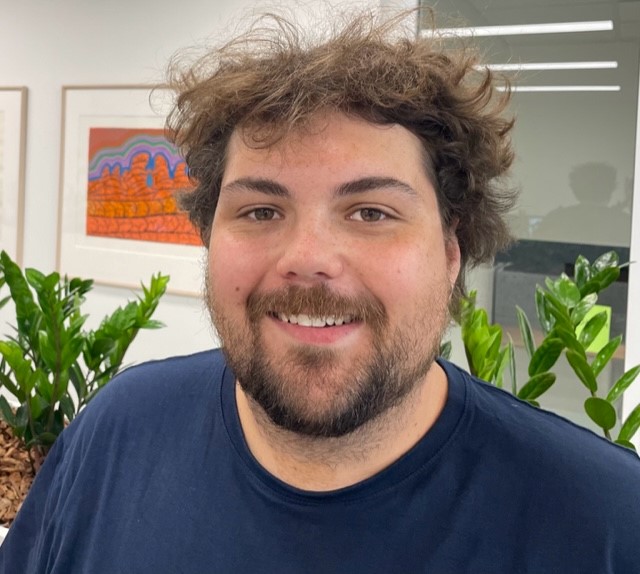
Grady is a Minang Noongar man born in Perth. He is an IT Consultant at Winyama with a drone specialisation. Prior to joining Winyama, Grady completed an Advanced Diploma in Engineering and Electrical Design and worked for ten years as an Instrument and Electrical Designer with resource companies.
In his spare time Grady is a regular attendee of the public speaking group Toastmasters and is an avid baker with breads and cakes aplenty. His talents stretch even further, as a self-taught bassist, mechanic and chess player.
Giving back, creating positive change in the community and supporting others are some of Grady’s key motivators for pursuing a career at Winyama. He has ambitions to help widen the skills and qualifications of the Indigenous population and culturally empower others in the future.
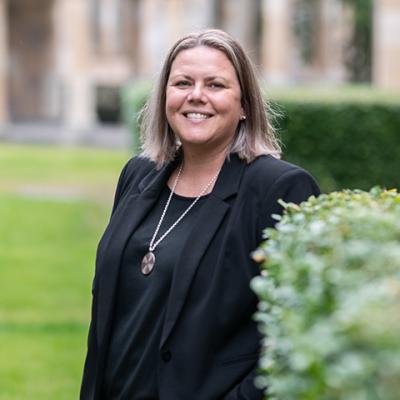
Contact
Associate Professor Marnee Shay
School of Education
The University of Queensland
m.shay@uq.edu.au
View profile
